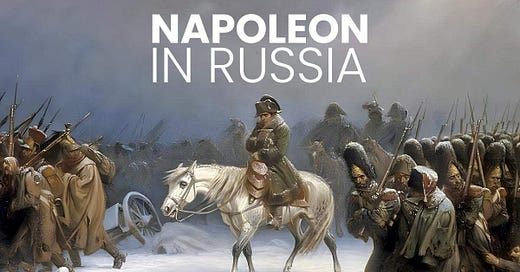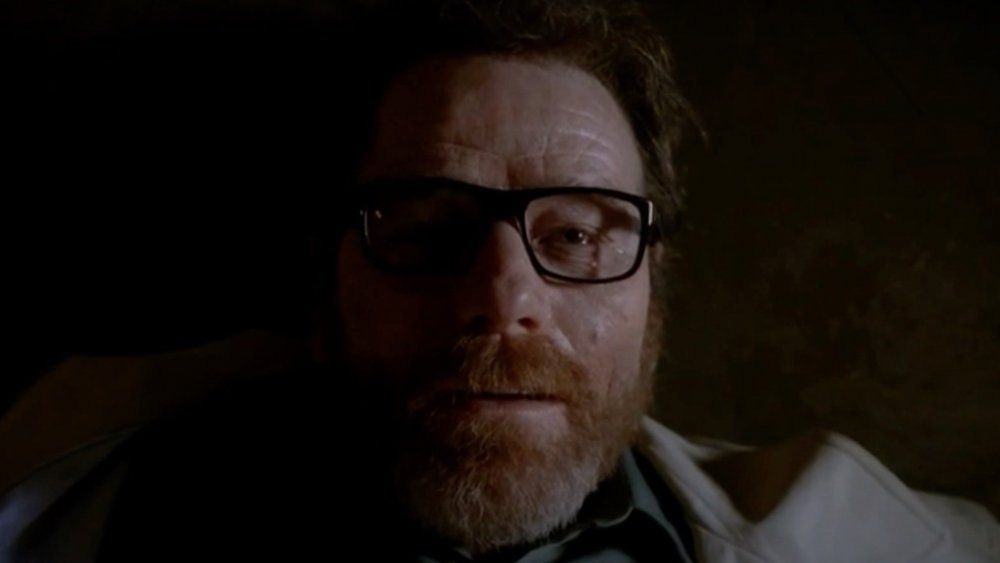Don't Let Emotions Blind You.
Look at things as they are, not as your emotions color them. - The 33 Strategies of War.
Emotions mess with your head. Fear makes you think the enemy is stronger, so you play too safe. Anger pushes you into reckless fights that limit your choices. Overconfidence from a win makes you take dumb risks. Even love blinds you to betrayal from friends.
Your brain is not a neutral observer. Fear exaggerates threats. Anger blinds you to solutions. Desire makes you see opportunities where none exist. This isn’t philosophy, it’s neuroscience. The amygdala hijacks rational thought, and confirmation bias twists facts to fit your emotional state.
Robert Greene’s warning is clear: If you don’t control your emotions, they will control you. Strategy requires cold, detached assessment. Sun Tzu didn’t win battles by hoping; he won by seeing.
Clear thinking gives you power because it keeps you in control. Emotions make you predictable, enemies can poke your pride or fear to trip you. By seeing reality, you read situations like a map and move smartly. Robert Greene uses Athena, the war goddess, as the model. Unlike Ares, who loves chaos, Athena wins with calm tactics and clear plans. She shows you how to think straight and when to strike. Psychologically, this is hard because emotions hit fast, and controlling them takes real practice. But it’s a skill that you build, like a muscle.
Risks are real. If you ignore emotions too much, you might seem cold or miss bonds, like a friend’s loyalty. Robert Greene says to notice your feelings, not block them, and adjust your view to the truth. When you’re winning, watch out, success breeds arrogance. When angry, do nothing. When scared, know you’re making threats bigger. This clarity makes you a strategist, not a fool, giving you the win in any fight.
Napoleon’s Russia Disaster (1812)
Napoleon, a brilliant general, let pride blind him when he invaded Russia in 1812. He thought he’d win fast, ignoring hard facts, Russia’s freezing winter, their tactic of burning supplies to starve his army, and the challenge of feeding his troops so far from home. His arrogance thinking he was unstoppable led to this disaster. Over 500,000 French soldiers died, and his empire crumbled. Napoleon was controlled by this emotions which costed him everything.
Walter White in Breaking Bad (2008–2013)
In Breaking Bad, Walter White, a chemistry teacher turned drug lord, let his ego cloud his choices. He started cooking meth for money. He refused to quit even when he had enough, driven by a need to prove he was the best. He underestimated enemies, thinking they would act like him, and he ignored allies and their warnings, raging when challenged. His emotional blindness seeing himself as a king, not a target got him killed. Walter’s pride twisted reality, leading to his fall.
How to implement:
Pause Before You Strike: When anger, panic, or excitement flares, stop dead for ten minutes. Let the heat in your chest cool. Napoleon rushed into Russia’s summer, blind to winter’s trap; a pause might have saved his army. When in anger, postpone actions for atleast a day.
Ask Hard Questions: Challenge what your feelings tell you. Is this true, or am I just mad? or What’s the worst that could happen? or What would I tell a friend here? This will cuts through lies your emotions, keeping you grounded in truth.
Hunt for Contradictions: Your brain loves ideas that match your feelings. Push back. If you think someone’s against you, name two reasons they might not be. If you’re sure a plan’s perfect, list three ways it could crash. This forces you to see the full picture, not just your mood.
Lean on Hard Facts: Use data or honest voices to stay real. Check numbers, like how often someone actually screws up, not how much they annoy you. Find a straight talking friend who’ll call out your blind spots, not just nod along. This anchors you to reality, not emotions.
Learn from Your Misses: After a big choice, stop and think: Did feelings mess this up? Write down what, why, when and how you can avoid next time. This builds your skill to see clearly, making you sharper for the next battle.
Seeing things without emotions can make you strong, but it’s not perfect. If you block your feelings too much, you might seem cold or miss important bonds. Clear thinking can feel slow when others act fast. Robert Greene says no laws or strategies are fixed, he often asked to mix facts with a little gut sense, don’t act like a robot. If you overdo logic, you could lose allies or feel empty. Use this skill carefully, or you’ll win fights but lose heart.
You’re not here to stumble, you’re here to rule. I’m rooting for your win.
Note: Hey, love this post? Drop a comment on Instagram or Facebook. Ask for more breakdown! Spread the word: share it as a note or send it to a friend who needs this.
Read the Boldness Blueprint. You weren’t born timid. You were trained to play it safe. It’s time to unlearn the fear and rebuild your edge.




